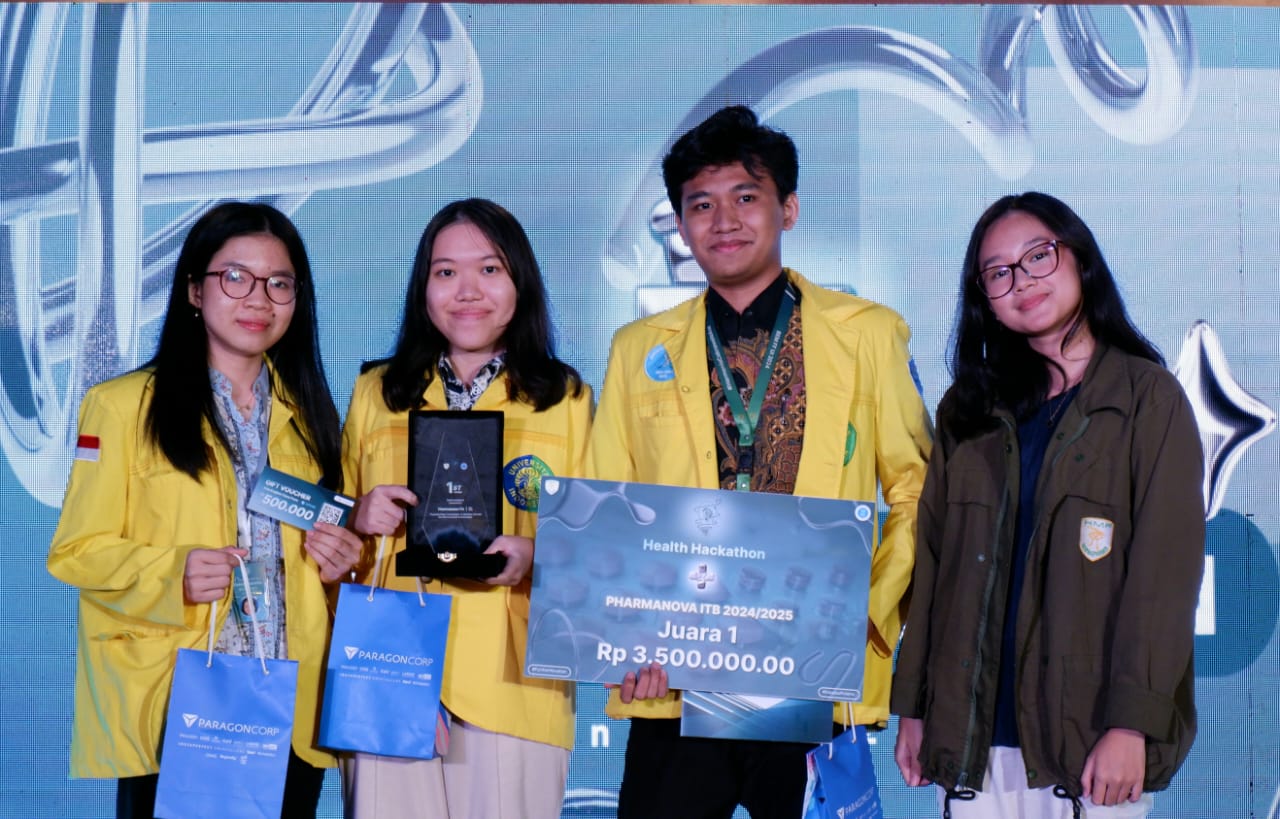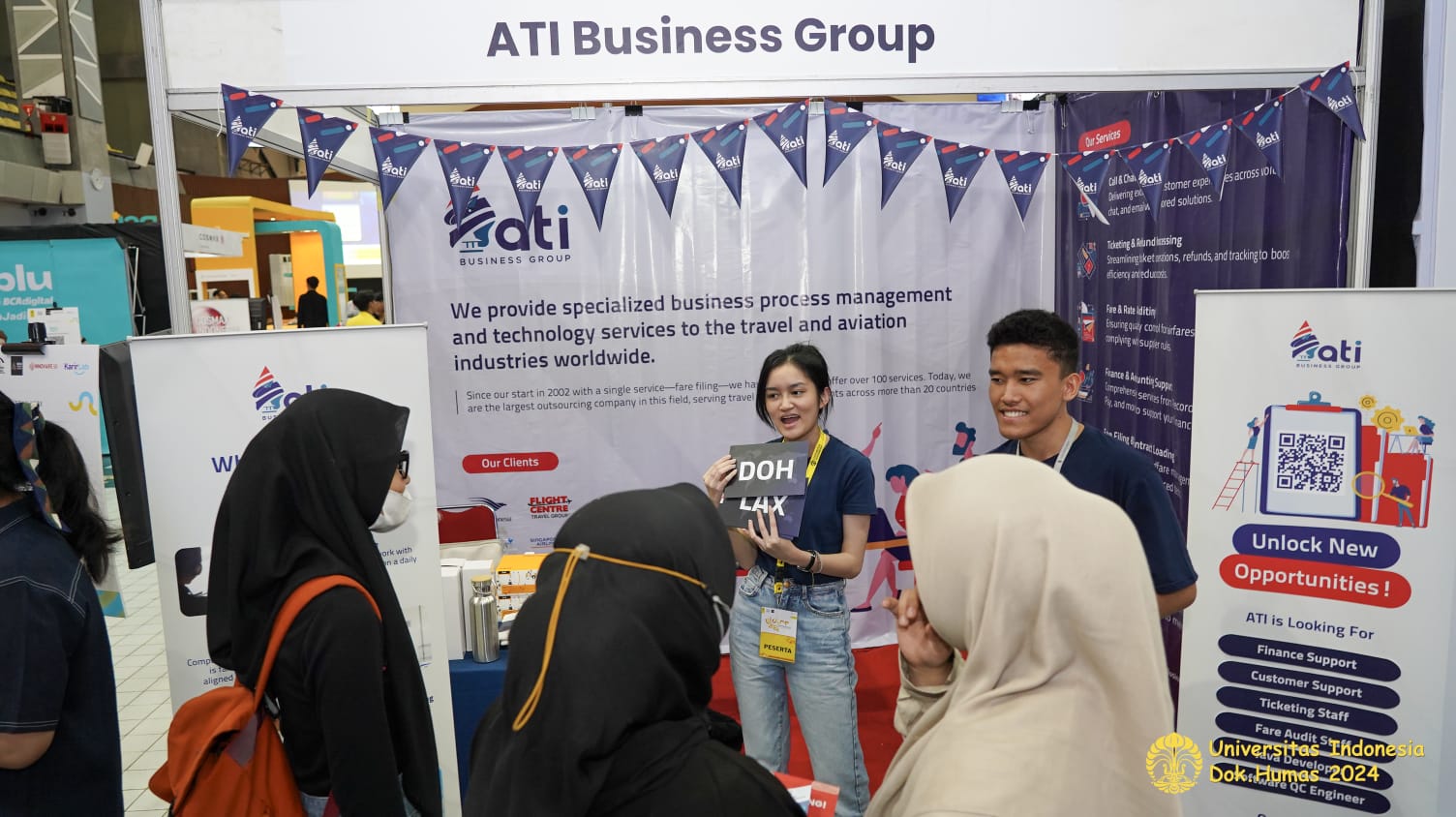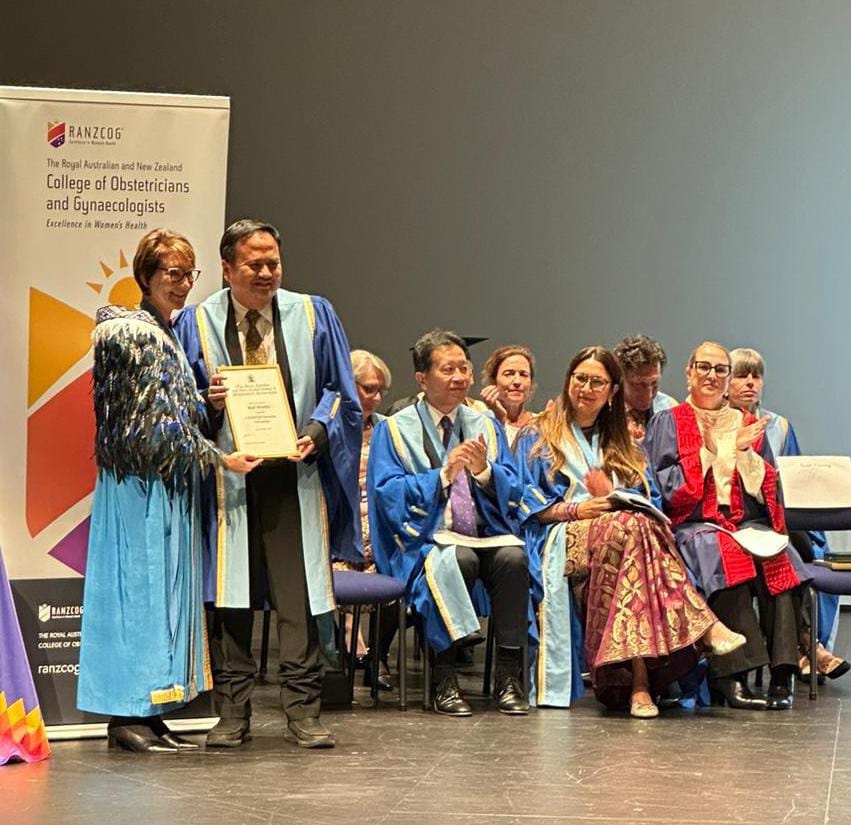Depok, August 16th 2023. Universitas Indonesia (UI) inaugurated Prof. Dr. Yetty Komalasari Dewi, S.H., M.LI. , as Permanent Professor in the Field of Economic Law, Faculty of Law (FH) UI, this morning (Wednesday, 16/8). The inauguration ceremony which was held at the Djokosoetono Auditorium at FH UI Depok Campus was led by the Chairman of the Board of Professors (DGB) Universitas Indonesia, Prof. Harkristuti Harkrisnowo, S.H., M.A., Ph.D., and was broadcasted virtually via the Universitas Indonesia’s YouTube channel and UI TV.
In the procession, Prof. Yetty presented a scientific oration entitled “Transformation of Economic Law: Corporate Sustainability in Trade and Investment”. Among the invited guests, the Vice President of the Republic of Indonesia for the 2009-2014 period, Prof. Dr. (HC). H. Boediono; Chief Justice of the Civil Chamber of the Supreme Court Dr. Nurul Elmiyah, S.H., M.H.; and the Chief Justice of the State Administrative Chamber of the Supreme Court Dr. Cerha Bangun, S.H., M.H.
In her inaugural speech, Prof. Yetty said that in Indonesia’s regulatory structure, there is a tendency to value orientation in a legal framework that supports the interests of capital owners, such as liberalization through the Job Creation Law. The Covid-19 pandemic shows how economic interests occur on all fronts, including essential services such as education and health. This inequality is a real problem in Indonesia.
A decade ago, Pfitzer, Bockstette, and Stamp in the Harvard Business Review argued that world corporations must and have instilled social purpose for society. Hence why, corporations need to create shared values between stakeholders and shareholders, and corporations. Thus, the basis of existence (raison d’etre) of corporations in this contemporary era is not only to increase the profit of the owners of capital, but also to increase the value and fulfill the social purpose of these corporations in society.
In this case, Prof. Yetty said that the concept of corporate sustainability needs to be re-enforced in balancing profits for capital owners on one hand, and the social interests of society, human rights, and environmental interests in the context of trade and investment law in Indonesia on the other. “The concept of corporate sustainability is not a contemporary and foreign idea. Since the beginning, this concept has been reflected in Pancasila and the 1945 Constitution as the economic structure that the founding fathers aspired to,” said Prof. Yetty.
She stated that Indonesia’s economic legal framework was the key to guiding its people through future challenges. Today, the law regarding economic activity is no longer only concerned with the goal of making profit, but has considered aspects that are synonymous with life and sustainability for humans and companies, both in the form of social and environmental responsibility, corporate governance, and the involvement of artificial intelligent technology. These other aspects will form part of the future law regarding economic activities, as these aspects have been and will be increasingly implemented by the company in the future.
“Therefore, it is important for us to be able to understand it.Which is why legal education must also reflect the legal reality that has developed in such a way. However, practice also must not deviate from existing principles and theories because adherence to principles and theories is the basis for creating legal certainty,” said Prof. Yetty.
She completed her Bachelor of Laws degree at FH UI in 1993. Then, in 2003 she continued her Masters degree at the University of Wisconsin-Madison. In 2011, she returned to FHUI and succeeded in obtaining her doctorate with the dissertation title “New Insights on Limited Partnerships (CV): Comparative Studies of the Criminal Code and WvK and Indonesian and Dutch court decisions”.
Prof. Yetty is known as an expert in economic law and has published several of her Scopus indexed scientific works, including Global Pandemics and Moratorium of Investment Claims: A Perspective From Indonesia (2023); Costs of Maritime Security Inspection To Merchant Ship Operations–The Indonesian Shipowners’ Perspective (2023); Third-Party Risk In The Availability Payment: The Palapa Ring Western Package (2022); and Digital Services Tax Regulation And Wto Non-Discrimination Principle: Is The Deck Stacked? (2021).



